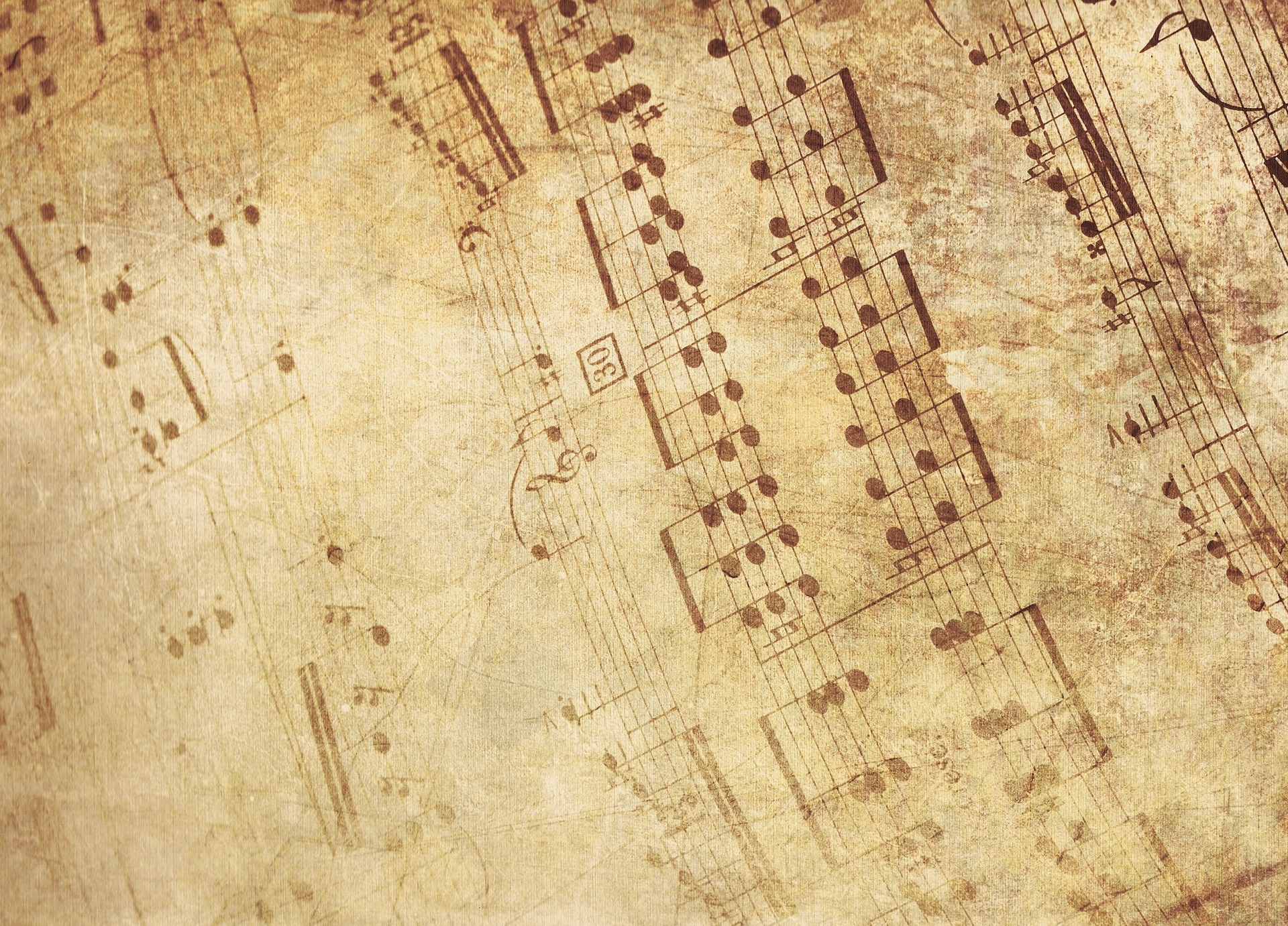I’ve been always fascinated by music and how many people are able to establish a sort of connection with instruments and with the frequencies they can produce.
I started reading and playing music since I was six years old, I studied piano and I learned some singing styles. I’ve always thought that music does something in my brain that makes me feel more concentrated and more present. At the same time when I sing or when I play music it seems that my body is doing some kind of sport: I feel more relaxed and I can feel the adrenaline’s release.

Then, during the secondary school, I discovered that music, or sounds in general, are waves characterized by frequencies and intensity, as well as all that concerns music can be explained by physics. The idea that again something so natural can be explained by maths was extremely illuminating. Later another question arose “How these waves can talk to my brain?”
This question is today still open but many researches in several disciplines are finding interesting answers.
Here I’m telling about some new developments for what concerns our “musical” genes and how brian’s plasticity plays an interesting role in musicians.
Music acts on our brain, our body and our psychology. Music therapy is worldwide popular: music can distance pain, both physical or psychological. It can be said that music is an ancestral way of expression. We can find music from the prehistorical age until now. But what really does music in our brain?
First it is necessary to speak about music aptitude. This aptitude can be described as the ability of someone to listen, memorize and practice music. There is some evidence that the brain basis of music aptitude is genetically determined. So we can say that nature gives its contribution to our music aptitude. But don’t worry, not only nature determine our capacity to play Mozart or the Rolling Stones. There is also evidence that practicing music, in other words nurture’s contribution, can grow musical intelligence. This evidence reveals the malleability of music aptitude through musical education. Structural and functional changes in our brain occur when we follow a period of instrumental training.
An interesting fact is that again physics can help us to understand how music acts on our brain. Several studies have been conducted using functional magnetic resonance imaging to find our brain activation after musical training. Some important results in neurosciences showed that in early childhood [1] musical training leads to structural brain changes that diverge from typical brain development. These structural brain changes are also accompanied by behavioral improvements in fine motor control and auditory skills. Areas of the brain that are responsible for melodic and rhythmic processing show activation and structural changes after music training [1,2].
It is much more amazing that genetics seems to affect both music aptitude and incliantion to practice. Some genes are specifically responsible for auditory functions and other genes that also affect general cognitive ability. Identification of genes related to language development supports the popular hypothesis that music and language share a common genetic and evolutionary background. The findings are consistent with the evolutionary conservation of genes related to auditory processes in other species and provide first empirical evidence for signatures of positive selection for abilities that contribute to musical aptitude [3].

Music training, when started early, if it’s ongoing, and lasted for several years, leaves specific neural signatures in the brain. Furthermore, playing an instrument engages the whole brain that includes auditory processing, motor controls, executive functions, and bi-hemispheric communications. It can be said that nature and music training work together in the making of a musician.
It is supposed the Leibniz (scientist 1646-1716) said “Music is the pleasure the human mind experiences from counting without being aware that it is counting.”. I find this sentence so close to realty, and it is amazing that music or musical training can offer many opportunities in terms of cognitive domains. The increase in activities, like singing, playing an instrument, performing could be a chance for every child to improve the way of learning and it can be a resource for our future.
[1] Musical Training Shapes Structural Brain Development; Krista L. Hyde, Jason Lerch, Andrea Norton, Marie Forgeard, Ellen Winner, Alan C. Evans, and Gottfried Schlaug – J. Neurosci., March 11, 2009 • 29(10):3019 –3025
[2] Music Aptitude, Training, and Cognitive Transfer: A Mini-Review; Wang, June 2022 | Volume 13 | Article 903920
[3] Detecting signatures of positive selection associated with musical aptitude in the human genome Xuanyao Liu, Chakravarthi Kanduri, Jaana Oikkonen, Kai Karma, Pirre Raijas, Liisa Ukkola-Vuoti, Yik-Ying Teo & Irma Järvelä – Nature – Scientific Reports | 6:21198 | DOI: 10.1038/srep21198





